An electronic signature expert has welcomed anticipated regulations allowing Remote Online Notarization across the U.S., but warns that users must ensure they offer enhanced security features to prevent fraud and forgery.
The Senate is currently considering the SECURE Notarization Act, which will set minimum federal standards for Remote Online Notarization (RON) – affecting everyday transactions such as real estate purchases.
An electronic signature expert has welcomed anticipated regulations allowing Remote Online Notarization across the U.S., but warns that users must ensure they offer enhanced security features to prevent fraud and forgery.
The RON process allows notaries public to notarize documents remotely in a paperless process using electronic signatures.
Remote notarization has already been accepted in some states, and the new regulations propose a minimum standard for its use nationwide.
Steven Tallant, CEO of Videosign Notary, based in Liverpool, UK, has welcomed moves to allow RON in all states, but says users should choose their electronic signing software carefully to ensure its security features exceed the minimum requirements.
He said: “Use of electronic signatures was increasing before the Covid-19 pandemic, but the need for social distancing accelerated its acceptance among users.
“With lockdowns behind us, electronic signing remains widespread due to the convenience and efficiency it offers, and allowing RON across all 50 states is the logical next step for this way of doing business.
“However, my advice to any reputable notary public would be to go beyond the minimum standards when notarizing documents to give their clients confidence in the security of their documents and reduce the risk of costly litigation down the line.”
The SECURE Notarization Act requires audio and video recordings to be made of remote notarizations, and sets standards for identification of signatories. The bill allows a notary public to remotely notarize electronic records involving individuals in different states and outside of the United States, subject to certain requirements.
Steven Tallant said: “The measures proposed in the bill offer some measure of security, but we recommend that notaries public take additional precautions that go above and beyond the minimum standard..
“Videosign Notary uses AI-powered facial recognition to compare an individual with their passport or driver’s license photo to confirm their identity prior to notarization.
“Additional evidence like IP addresses and timestamps made during the remote notarization process offer an additional layer of assurance alongside the video and audio evidence gathered while tamper-proof signatures are made.
“As use of RON becomes more widespread, offering all parties peace of mind should be the top priority for notaries public.”
RON can currently be used in many states for a wide-range of legal documents, including affidavits, property transactions and power of attorney.
The new bill will require U.S. courts and states to recognize remote notarizations performed by a notary public commissioned under the laws of other states.

